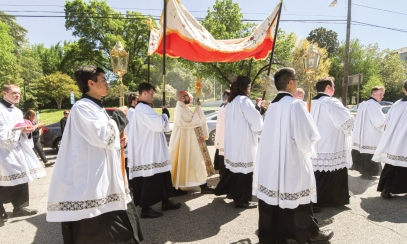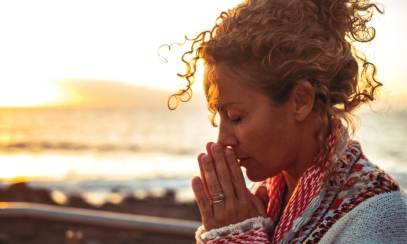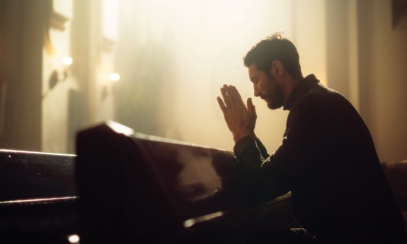
Eucharistic Congresses: An Invitation
As we turn the calendar page to 2024 and continue the process of Eucharistic Revival in our nation and in our diocese, we have a few exciting events coming this year. One is the National Eucharistic Congress to be held in Indianapolis in July. The other is our Diocesan Eucharistic Congress, which will be held in Columbia on April 6.
As we turn the calendar page to 2024 and continue the process of Eucharistic Revival in our nation and in our diocese, we have a few exciting events coming this year. One is the National Eucharistic Congress to be held in Indianapolis in July. The other is our Diocesan Eucharistic Congress, which will be held in Columbia on April 6.
These are events we are definitely excited about, and they also raise questions: What exactly is a eucharistic congress? Why should we look forward to and participate in them?
I think the word congress may throw us off a bit because it brings to mind politicians and political life. But at its essence, congress means a gathering. It comes from the Latin con, meaning together, and gradi, meaning walk. The reason we use congress to describe an assembly of political leaders is that ideally it represents a nation or a society coming together or walking together — either side by side or toward each other — and making important decisions. Imagine what would happen if the reality of practice matched the vision communicated in the word.
While a eucharistic congress is not a policy-making body like our Congress in Washington, D.C., it is a significant moment when the Church gathers together. Eucharistic congresses hopefully lead to the deepest type of change and transformation possible: conversion of heart. Congress gives us a unifying image, which very much parallels the one we get from a similar word with Greek roots that we discussed in our October edition — synod.
In reflecting on the phrase “eucharistic congress,” it occurs to me that it’s a bit redundant. After all, every eucharistic liturgy is a gathering of the people of God aimed at transformation. So, in fact, every eucharistic celebration is a eucharistic congress.
With that in mind, why are big events like these significant and worth doing? The answer is not that Christ is any more present in these Eucharist celebrations than he is at other Masses. He is the same Jesus who is really, truly and fully present consistently in the Eucharist — whether in a gathering of three or a gathering of millions. So, why do this? The answer is multi-faceted.
First of all, eucharistic congresses often include extra opportunities for learning. The National Eucharistic Congress seemingly has almost every well-known Catholic presenter in the United States giving some kind of talk on the Eucharist. Even in our own Diocesan Eucharistic Congress, we will have ample opportunity to grow deeper in our eucharistic faith by listening to such amazing presenters as Bishop Joseph Espaillat and Dr. Edward Sri. This alone is worth our time and effort because as our faith develops, so does our capacity for sharing that faith. This formation builds up our own lives and trains us for our mission.
Second, a eucharistic congress is not just educational but also a celebration. In this large gathering, we have the opportunity to meet other Catholics from around the country or state. They have different experiences and may even speak different languages, but we share the same eucharistic faith and the same love for Christ’s gift of real presence. Together we can celebrate this gift, in the act of gathering (congress) and preeminently in our liturgical gathering.
Most importantly, a large-scale celebration of the Eucharist is a reminder of the universality of the Church and the great gift we are given in the body and blood of Christ.
One of the themes we have mentioned earlier in this series is the fact Jesus’ real presence to us demands a response in kind: namely, our real presence to him. This is exhibited in our full and active participation in the liturgy and our attentiveness and prayerfulness. Events like these are opportunities to exercise that responsive presence together as a Church in a way that is visible and inspiring to us and provides a tangible witness to others. I look forward to seeing you there!
Michael Martocchio, Ph.D., is the secretary of discipleship and the director of the Office of Catechesis and Christian Initiation. Email him at mmartocchio@charlestondiocese.org.



